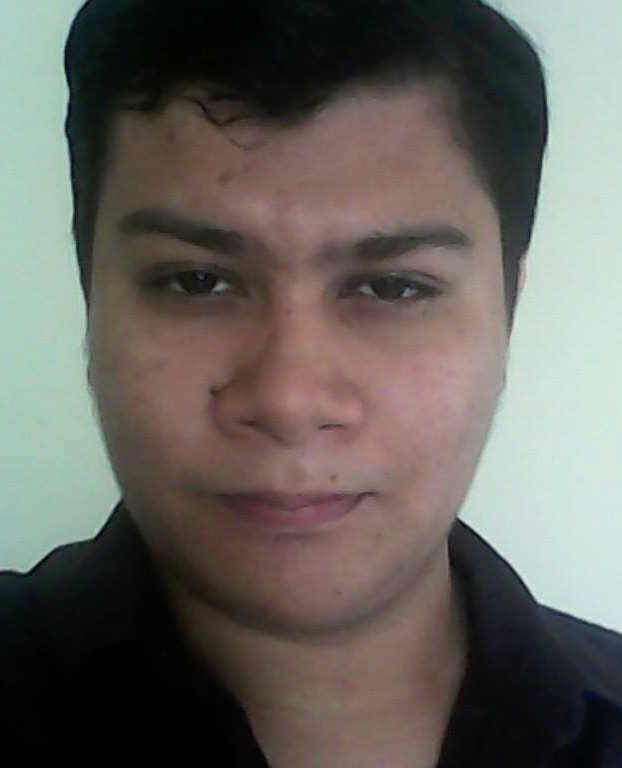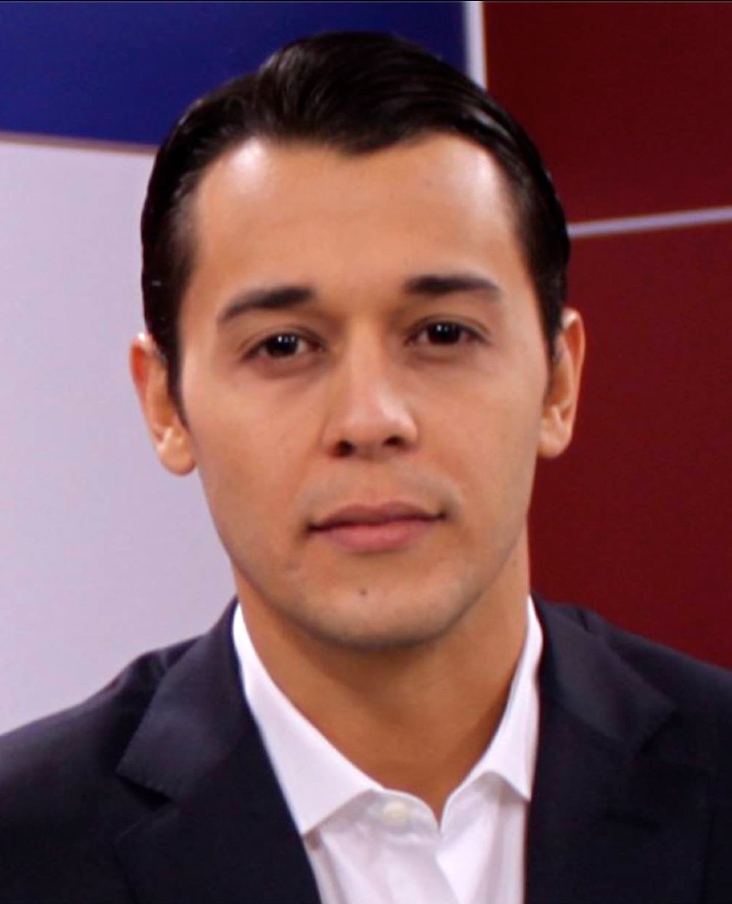 Another Washington Conspiracy
Another Washington Conspiracy
By Allan Murillo
It’s about time we discuss this issue with the proper perspective, putting aside ideological differences, and further analyzing the context. How have geopolitics historically played out in Latin America? What interests are being served? Who have we become dependent on as a region?
Regardless of whether we agreed or disagreed with President Manuel Zelaya, or whether Hondurans were for or against the referendum (the public could have always voted against it), every accusation against him was mere conjecture. Indeed, many of them were nothing more than speculation, since much of what critics supposedly “feared” did not come to fruition.
The opposition, however, chose the most brutish option: a military coup. They violated every process and legitimate defense to which Zelaya was entitled, and banished the president from the country without the option to return. The military subsequently established a state of siege, ordering curfews and the closure of several media outlets, none of which is a secret.
Mel had the Congress and the Supreme Court against him. The “fourth ballot box” could have been allowed to run its course, and even if Zelaya had wanted to remain in office, he would not have been able to do so. There were other candidates already in the race for the general election, and Zelaya had no other mechanism to use. Therefore, Zelaya would have handed over power normally on January 27, 2010, without altering constitutional order.
Today, six years later, those who shamelessly said in 2009 they were “defending” the Constitution by resorting to a military coup are now in favor of the Supreme Court’s decision to allow reelection in Honduras. It is clear that their prior indignation on the issue was merely a matter of bias and self-interest.
The need for a Constituent Assembly is greater every day. Hondurans from all sectors of society, be they businessmen or farmers, must be able to participate and have their say. Most importantly, Hondurans must also realize that we cannot always respond with force, and that it is the people who have the last word on our country’s destiny and political system.
At the same time, it is worth noting that the plebiscite that was to be held on June 28, 2009, was not “pushed” by Hugo Chávez, nor was it illegal. If we read the Government Plan for Citizen Power, popular assemblies and a participatory democracy were being proposed since 2001. Moreover, the same month that Manuel Zelaya took office in 2006, the country passed the Law of Citizen Participation that gave the public the right to be consulted on issues such as those in the referendum.
The conspiracies to depose Latin-American leaders, such as Jacobo Arbenz, Salvador Allende, Jaime Roldós, Joao Goulart, Isabel Perón, and other governments not in line with US interests (even if not necessarily communist), were planned in Washington, with the support of local reactionary sectors.
Every student of Latin-American history knows this, and what happened in Honduras was no exception. With the surreptitious support provided to the de facto government, Roberto Micheletti faced no opposition that could threaten his administration.
Allan Murillo Vilorio is a Honduran law student at the Christian University of Honduras (UCRISH). He is a member of the Liberty and Refoundation party (LIBRE). Follow @allan_murillo.
 The Lesser Evil
The Lesser Evil
By Carlos Andrés Joya
EspañolThe events of 2009 and their consequences were undoubtedly a difficult episode for our people. Honduras was between a rock and a hard place, and forced to choose between the lesser of two evils: oust a democratically elected president, or sit idly by and accept the destruction of our democratic and republican institutions that govern our constitution and entire political system.
In June 2009, Hondurans had to decide which of these two options was the least harmful for our country’s future. All of this was a result of the political game that had its genesis in the plan of then-President Zelaya, who sought to replace the essence of our democratic political system with one of 21st-century socialism.
This neo-totalitarian model became Zelaya’s true political goal. Through a constituent process, the three branches of government that exist in every democracy would have been replaced by a single authoritarian power. That sort of absolute authority is never relinquished, established firmly under the guise that it represents “the voice of the people.”
Once established, this authority then drafts a new constitution tailored to the populist/socialist ideology of the new government. If this seems like an unrealistic plot, one need not look any further than the recent history of Venezuela. A small group who craved power hijacked this democracy, and transformed its form and essence forever, in full view of its citizenry.
The chronology of events in the neighboring country of Venezuela shows that on August 3, 1999, the National Constituent Assembly was established. Only two days later, then-President Hugo Chávez introduced the draft of his constitution based on Bolivarian socialism.
However, the most important of these events occurred on August 12, 1999, when the Constituent Assembly determined the reorganization of all the organs of public power. Subsequently, they issued a decree to reorganize the judiciary and prison system, and enacted new functions for the legislature.
In this historic moment, those who promoted this new scheme were allowed to rule with absolute power and to shape the constitution, form of government, and state institutions to their convenience. In a similar action, if not identical to that of Chávez in Venezuela, Hondurans saw President Manuel Zelaya trying to use the “fourth ballot box” in 2009 to implement that same model in our country.
This challenged Honduran citizens who disagreed with this sort of transformation of government. It led our country to make the difficult but necessary decision to oust an elected president, in order to defend and preserve the system through which he was initially elected.
Hondurans saw themselves engaged in an international struggle of a political-ideological nature, and the options available to escape this conflict were both bad and contradictory.
This situation ultimately triggered the joint decision of most sectors in our society to reject Manuel Zelaya Rosales’s aspirations. In the end, we preferred the forceful removal of a president, rather than the ideological transformation of our democratic system.
There’s an old saying: today’s decisions are tomorrow’s realities. In 2009, Hondurans made a very different decision than the one Venezuelans took in 1999 on the same subject. If we measure the impact that these decisions had in each country, it is not difficult to see that what was done in Honduras was the correct course of action, and far less harmful to democracy in the long run.
Carlos Andrés Joya is a communications and political-strategy consultant. He considers himself a staunch defender of democratic values in Honduras and all Latin America. Follow @carlosajoya.
 Versión Español
Versión Español





 Another Washington Conspiracy
Another Washington Conspiracy The Lesser Evil
The Lesser Evil






